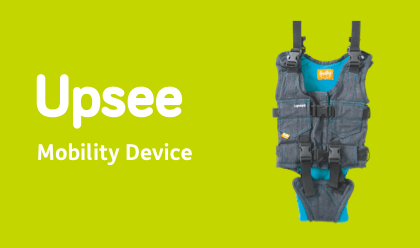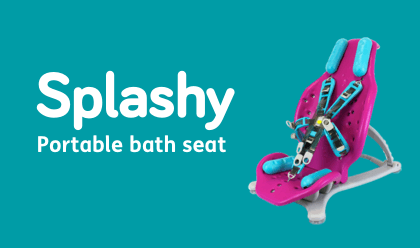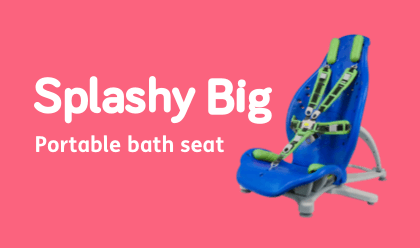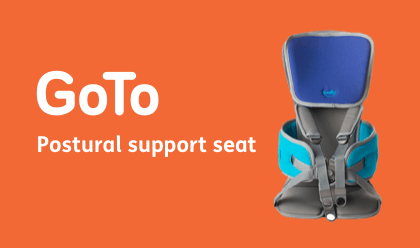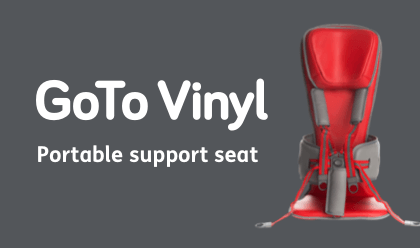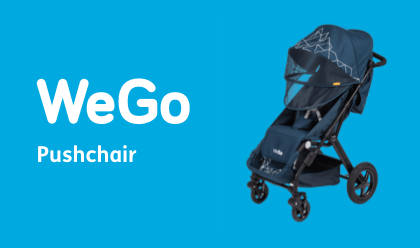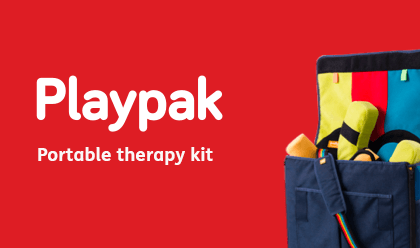Helping Our Autistic Children Recover From Meltdowns
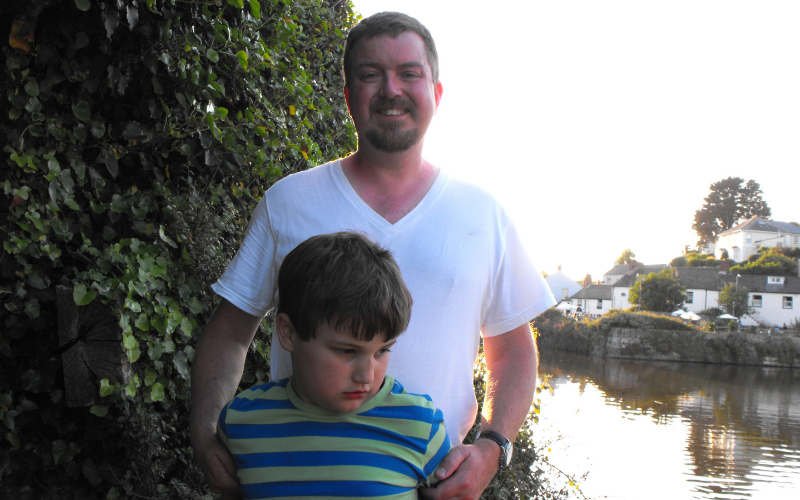
Our Autistic son, James, had a meltdown yesterday, an experience that will be familiar to many families of Autistic children. Like any Autistic child or young person, when James has a meltdown, there can be a wide range of triggers that could be causing it. He may be being overwhelmed by sensory input. It could start from frustration that he can’t communicate something to us (he is mostly non-verbal). It could also be due to change of routine or he could be in pain or feeling unwell, or it could just be that his iPad battery has gone flat!
A meltdown isn’t James being ‘badly behaved’.
It isn’t him ‘pushing boundaries’ or ‘being difficult’. It is a brain overload. This is like a storm engulfing his brain, and it is not something that James can do much about in that moment, but there is plenty that we can do to help and support him.
Each child is different and will have their own sensory profile. For example, things that they are over or ‘hyper’ sensitive to including all of the better-known senses (sight, sound, smell, taste and things that they touch). Furthermore, senses like balance and movement (vestibular), positioning and pressure (proprioception) as well as the sensory receptors that we all have in our internal organs (interoception). Understanding these sensory sensitivities helps us to then help our child avoid sensory triggers, or if this isn’t possible then to provide ways to reduce their impact e.g. ear defenders for loud noise, or sunglasses for bright or flickering light, and to identify a peaceful nearby rest area for if we see them starting to become overwhelmed.
The first thing we do for James is to let him know that we are there with him, to keep him safe, and to reassure him that whatever it is that is causing him to be upset he will be OK and that we love him very much. Sometimes this can be as simple as gently holding him and speaking reassuring words to him; even if the words themselves find it hard to make their way through the meltdown, the sound of our voice speaking gently to James does help him. Other times, we need to give him a little space.
ith. A sound that might seem innocuous to a non-Autistic child might be terribly loud and painful to an Autistic child.
Next, we work with James to identify the cause of the meltdown, for example a flat iPad battery, or something that is causing him sensory overload, then we can help and the meltdown will slowly lessen. Yesterday, it was the sound of a lawnmower in our neighbour’s garden; we can’t stop our neighbour from cutting their grass, but we could shut the windows and significantly reduce the noise that James was struggling with. A sound that might seem innocuous to a non-Autistic child might be terribly loud and painful to an Autistic child; I recall hearing about a boy who would be completely overwhelmed if the fridge motor switched on while he was in the kitchen, for example.
If the cause of the meltdown isn’t obvious...
And James isn’t able to help us to understand it, we’ll look for other calming techniques such as pressure therapy, gently squeezing James’ thighs or arms, rubbing his back, or maybe using a weighted blanket. A sensory chew might help too. Distraction can sometimes work, depending on what is causing the meltdown, offering James a favourite snack or putting on a much-loved film or TV programme can sometimes help James to regulate himself and slowly recover.
Just being there with him, reassuring him and offering unconditional love, helps him to know that he is safe and cared for and that there is nothing to fear.
What is important to understand, however, is that it might take James a while to fully come down from the meltdown, even once the cause has been identified and fixed. Yesterday, the more visible aspects of the meltdown were over after about 30 minutes, but it affected James for the rest of the day. Just being there with him, reassuring him and offering unconditional love, helps him to know that he is safe and cared for and that there is nothing to fear. Letting him rest and not expecting him to do much, gives him the time and space he needs to recover fully. We can then look to learn from the experience, understanding and seeking ways to minimise the trigger that caused the meltdown from affecting James again.
A great way to understand meltdowns better is to talk with Autistic adults about their experiences of meltdowns. Frthermore, what strategies they have put in place to reduce the risk of them, and any advice that they can offer us as families of Autistic children. No two people are the same. However, there will be some really helpful things that we can learn from people that have been in similar situations to where our children are now. Let’s learn more together.
Peace,
Mark

